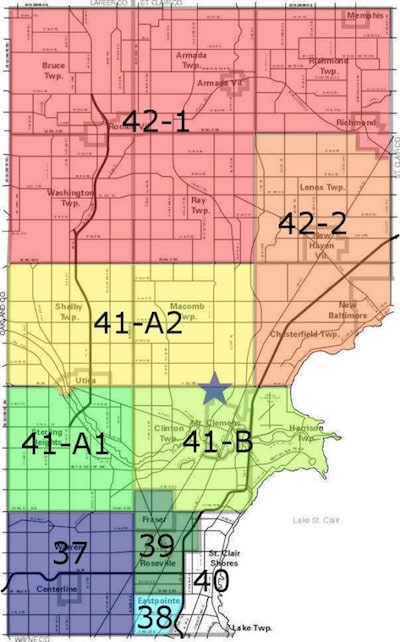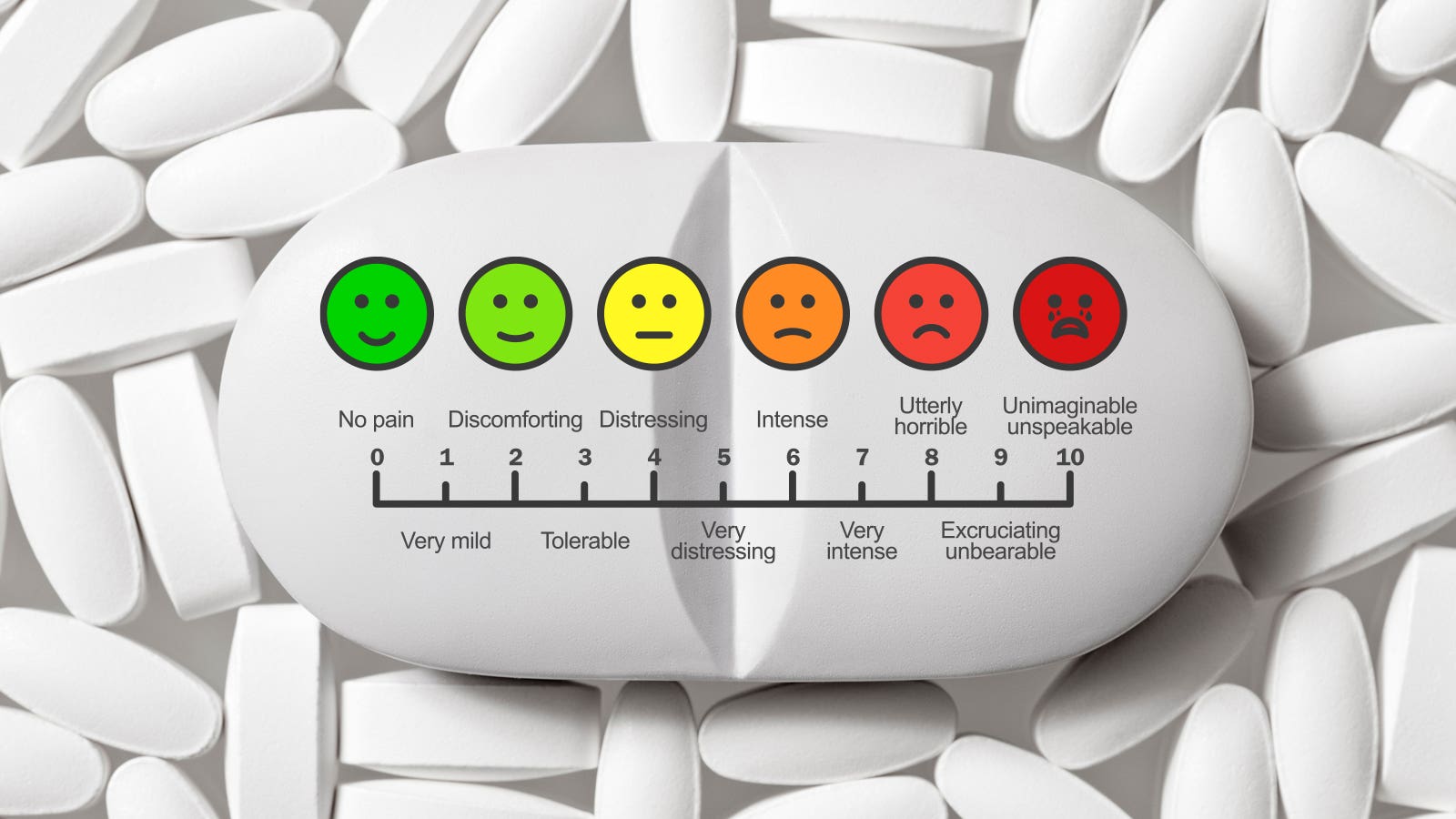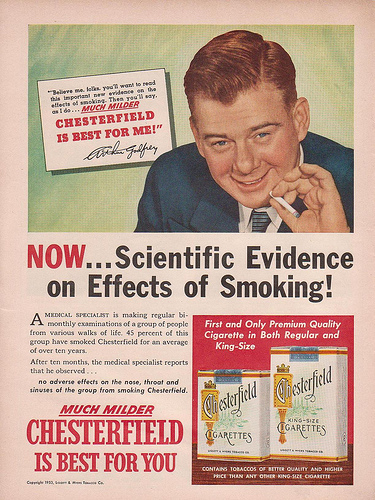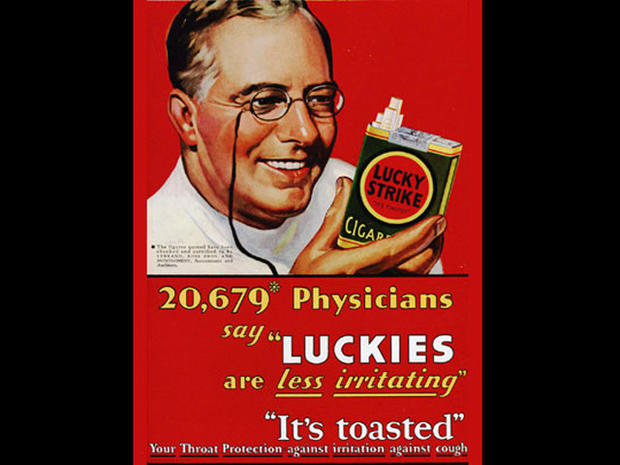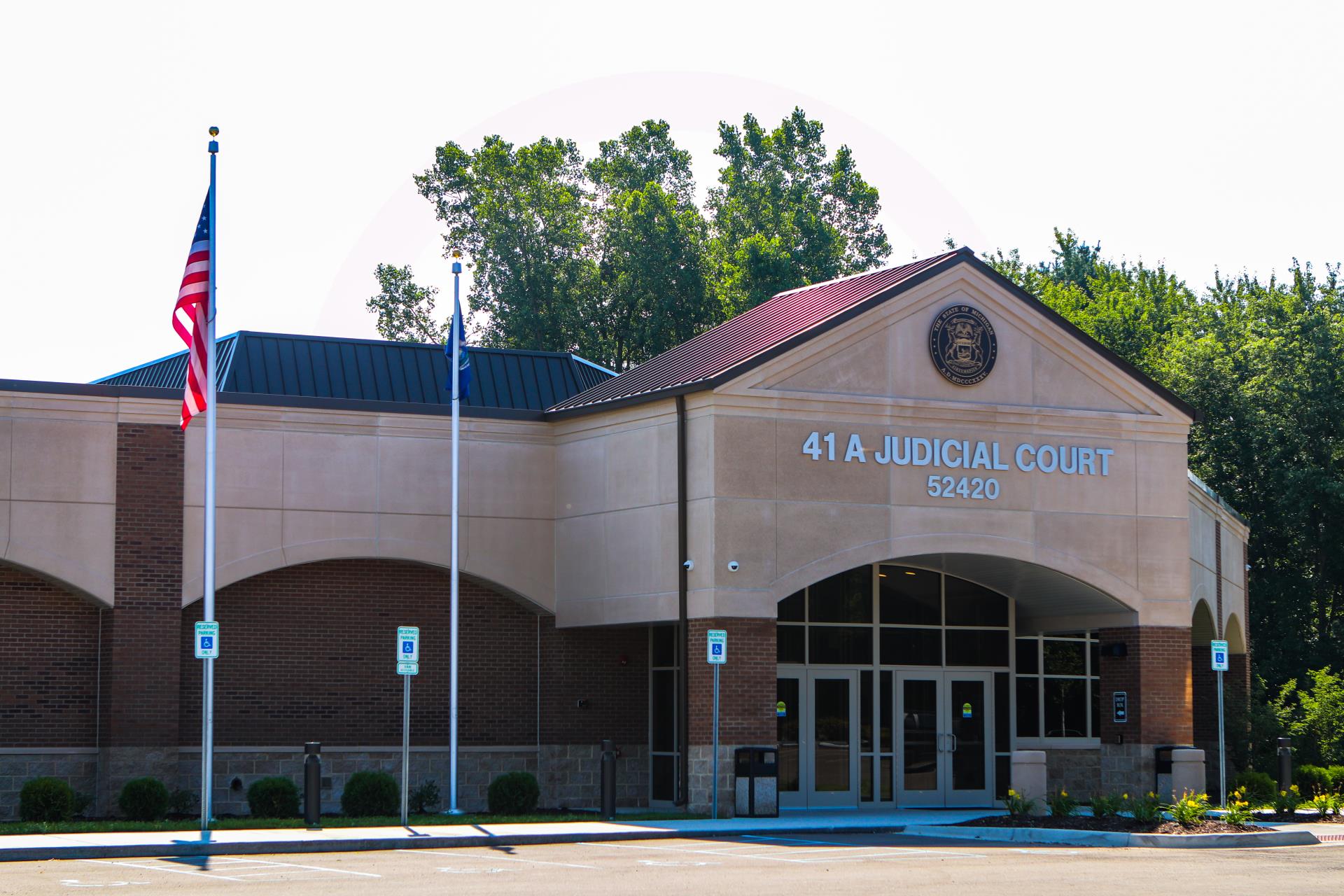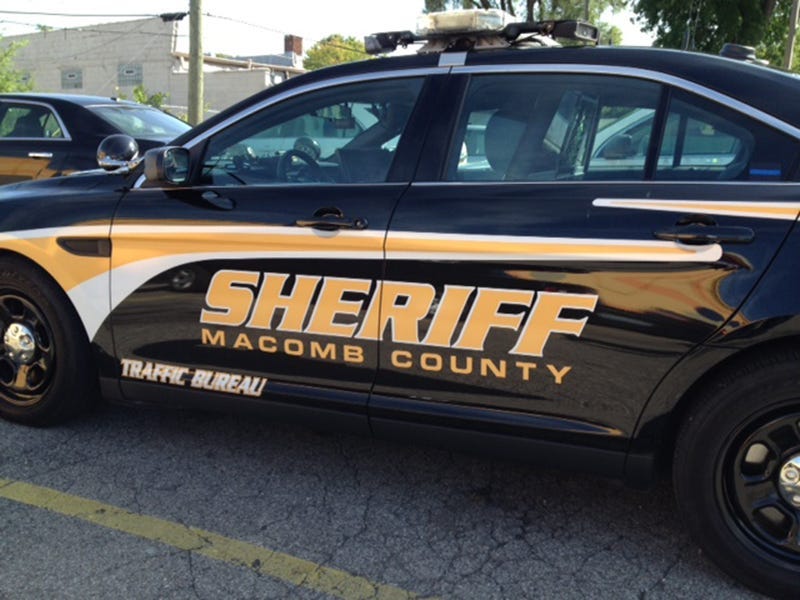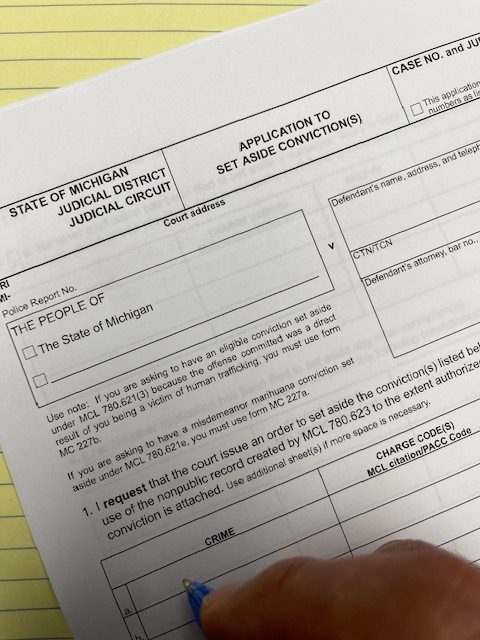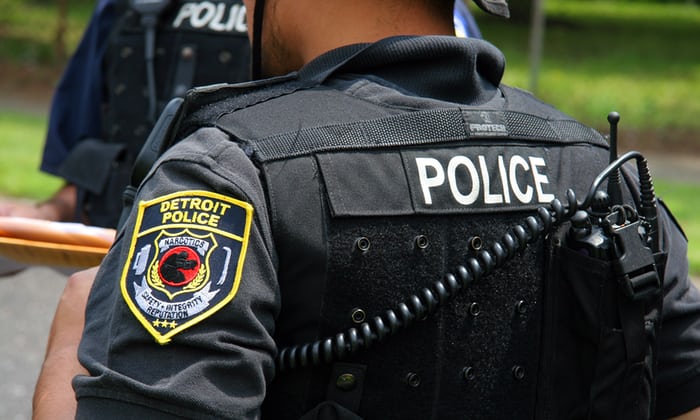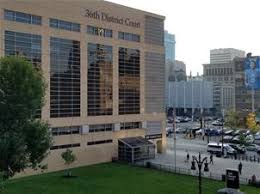Romeo: 42nd District Court Division 1
Above, is a map of Macomb County with a geographical breakdown of the 9 district court borders. The 42nd District Court-Division 1 is located in the City of Romeo. It is often referred to as the Romeo Court. The court has jurisdiction over a greater area of land than any other district court in Macomb County and serves the following northern Macomb County communities: Romeo, Washington Township, Armada Village, Armada Township, Richmond, Richmond Township, Memphis (south of Boardman Rd), Ray Township and Bruce Township.
- Address: 14713 33 Mile Road, Romeo, MI 48065
- Phone: 586-307-3681
- Judge: Honorable Jennifer Andary
- Link to paying fines/tickets on-line
New Baltimore: 42nd District Court Division 2
The 42ndDistrict Court Division 2 is located in the City of New Baltimore and it serves the communities of New Baltimore, Chesterfield Township, Village of New Haven and the Lenox Township.
- Address: 35071 23 Mile Road, New Baltimore, MI 48047
- Phone: 586-725-9500
- Judge: Honorable William Hackel
- Link to paying fines/tickets on-line
Traffic and Criminal Caseload of the 42nd District Courts
The 42-1 District Court, which is the one located in Romeo, and the 42-2 District Court, located in New Balimore, have jurisdiction over civil disputes not exceeding $25,000.00, and the following other legal proceedings:
Arraignments: All misdemeanor and felony arraignments occur at the district court level. Arraignment is the first stage of a criminal case following authorization of a criminal charge.
Misdemeanors: The district courts have complete jurisdiction over misdemeanors. Misdemeanors are crimes punishable by up to one year in the county jail and/or fines up to $1,000.00.
Felonies: All felony cases begin in the district court for arraignment, probable cause conference and preliminary examination. Felony proceedings beyond preliminary examination are handled in the higher circuit unless resolved in the district court by a reduction to a misdemeanor.
Traffic: The district courts have complete jurisdiction over traffic tickets. Getting a lawyer to fight a traffic ticket to avoid points and higher insurance premiums is a wise investment.
Drunk driving, domestic violence and retail fraud are some of the most prevalent cases on the criminal dockets at the 42-1 District Court and the 42-2 District Court. Judge William Hackel presides over the 42-2 District and Judge Andary presides over the the 42-1 District Court. Because of our consistently high criminal caseload at these courts, we consider both 42nd District Courts to be “home-town” courts. This ABDO LAW publication will focus on our experience representing clients charged with drunk driving, domestic violence and retail fraud cases at the 42nd District Courts.
Drunk Driving
Getting nailed for drunk driving can be an ordeal no matter where it happens. However, it does make a big difference if you get a local Macomb County DUI/OWI lawyer that is experienced with the court and the judge assigned to your case.
Nationwide, less than 10% of all drunk driving cases wind up going to trial. This statistic holds true for drunk driving cases that are heard at the 42nd District Courts located in Romeo and New Baltinore, as well as every other district court in the counties of Macomb, Oakland, Wayne and St. Clair. However, I can tell you that if you get an OWI/DUI in the 42-1 District (Romeo Division) or the 42-2 District Court (New Baltimore Division), you are looking at the best-case-scenario. By best-case-scenario I mean that you are looking at getting the charge REDUCED, NO JAIL and NOT LOSING YOUR LICENSE. This is true for the drunk driving cases that we have handled for FIRST TIME OFFENDERS in the 42-1 and 42-2 District Courts from 2020-2021 where we were able to get every OWI and High BAC (.17 or more) dropped down to a lower charge with NO JAIL. There are a few differences in the way things are done in the sister courts located in Romeo and New Baltimore. The Romeo Court is more likely to require supervised probation and alcohol testing for first offenders than New Baltimore. However, Romeo’s Judge Andary will consider early termination of probation and modification of random testing for individuals that are have been compliant.
The following are your most common options if you are charged with drunk driving
- Hire an attorney to negotiate the best possible plea bargain and advocate for a minimal sentence. Note: even felony drunk driving third offense can potentially be reduced to a misdemeanor!
- File motions to seek dismissal or reduction in the charge(s) based upon: lack of evidence of intoxication or impairment, mistakes as to testing protocol, illegal traffic stop, lack of evidence to support the element that vehicle was “operated” by the defendant.
- Conducting a trial before the judge or a jury.
As I mentioned, more than 90% if OWI/DUI are resolved when an attorney can negotiate a favorable outcome that is far better than risking a guilty verdict to the higher original charges at trial. Because a local Romeo or New Baltimore drunk driving attorney knows the local polices, politics and procedures, you should never plead guilty as charged without getting sound legal advice. Watch your ass if you are getting your legal advice from the cop that arrested you and said that you don’t need a lawyer. You should also know that the court personnel are forbidden to give legal advice by every district court in Macomb County.
Link: extensive coverage of DUI/OWI cases in Macomb County.
Shoplifting-Retail Fraud
The terminology given by the Michigan Penal Code for the crime of shoplifting is “retail fraud.” Intentionally changing price tags, concealing merchandise and failing to scan merchandise are all forms of retail fraud. The offense of retail fraud may be charged as a misdemeanor or a felony. In Michigan, a misdemeanor is defined as an offense that is punishable by not more than 1 year in the county jail while a felony is a criminal offense punishable by more than 1 year – up to life in prison. The dollar amount of underlying theft and/or the prior retail fraud criminal record of the offender are the determining factors as to whether a person is charged with a misdemeanor or felony. The penalties for retail fraud are as follows:
First degree retail fraud: Theft of property of $1,000.00 or more constitutes retail fraud in the first degree, which is a felony under Michigan law, and carries up to 5 years in prison, or a fine of not more than $10,000.00 or 3 times the value of property stolen.
Second degree retail fraud: Theft of property of $200.00 up to $1,000.00 constitutes retail fraud in the second degree and carries up to 1 year in county jail, up to $2,000.00 fine or 3 times the value of property stolen.
Third degree retail fraud: Theft of property under $200.00 constitutes retail fraud in the third degree and carries up to 93 days in jail, up to $500.00 fine or 3 times the value of property stolen.
Judge Jennifer Andary and Judge William Hackel will go out of their way to give someone a second chance. Normally, almost every misdemeanor, including retail fraud, can be favorably resolved in the 42-1 District and the 42-2 District. To be specific, both courts will take a retail fraud under advisement or set a deferral period. Upon successful completion of the deferral period the case is DISMISSED. During the deferral period, the offender is required to comply with any of the following conditions ordered by the court:
- Attend appropriate program ranging from a 1-day class to a long-term substance abusecounseling program.
- Possible drug/alcohol testing.
- No contact with the retail establishment where the offense occurred.
- Payment of combined fines and costs approximately $1,000.00.
- Possible community service.
If you are charged with a felony, ask a local Macomb County criminal defense lawyer how it is possible to get it reduced to a misdemeanor, avoid jail and avoid a felony record.
Link: extensive coverage of retail fraud cases in Macomb County
Domestic Violence and Assault
The crimes of domestic violence and assault & battery are found in MCL 750.81.
Most of those that we represent for domestic violence or assault have never been in trouble with the law and are looking for a way to get out of the system Scott-Free without a domestic violence conviction. An outright dismissal of a domestic violence or assault crime in Macomb County is possible when the victim does not want to prosecute. This is not as easy as it sounds and the services of an experienced local Macomb County criminal defense attorney can make a huge difference between getting a case dismissed and winding up with a big fat legal mess. A local Macomb County domestic violence lawyer will formulate an individualized strategy to deal with the following potential problems that may arise:
- How the victim should respond to the prosecutor and victim’s rights advocate.
- Whether the victim will be held in contempt of court for failing to appear for a court date or trial.
- How to deal with the prosecutor that intends to use the police report and witness statements when the victim does not cooperate.
- How to avoid getting hit with witness tampering and/or obstruction of justice accusations.
Big 3 Options if you are charged with Assault or Domestic Violence: There are 3 options in the criminal justice system for a person charged with an assault crime or domestic violence which are as follows:
- Seeking a dismissal when the victim adamantly does not want to testify or appear against the accused party.
- Pleading pursuant to MCL 760.4a which will result in a dismissal after a term of probation.
- Conducting a trial before the judge or a jury.
Link: extensive coverage of assault and domestic violence cases in Macomb County
 Michigan Criminal Lawyer Blog
Michigan Criminal Lawyer Blog












